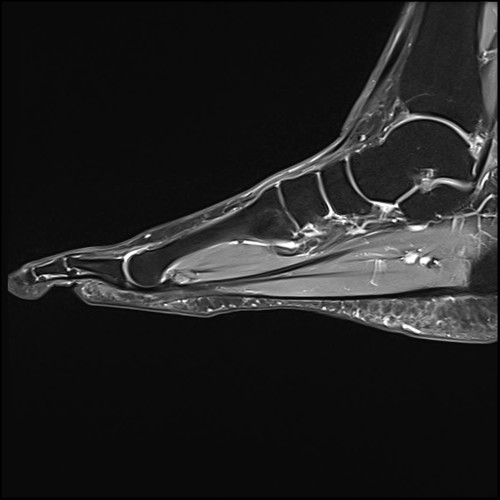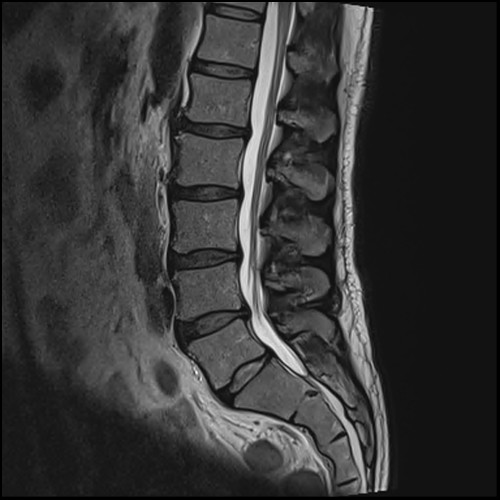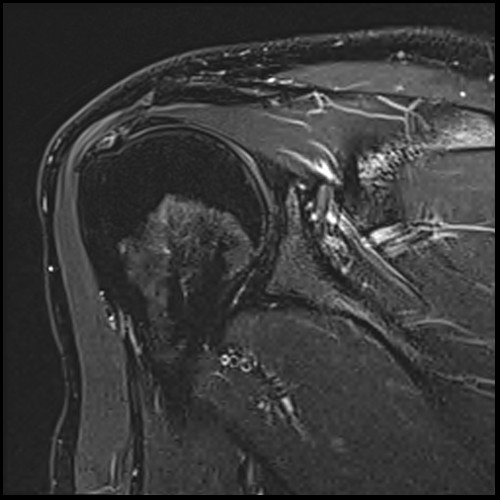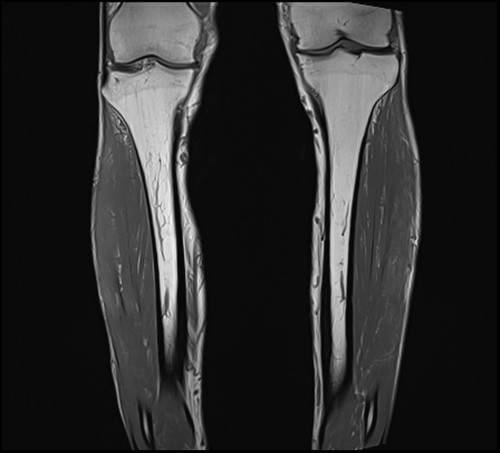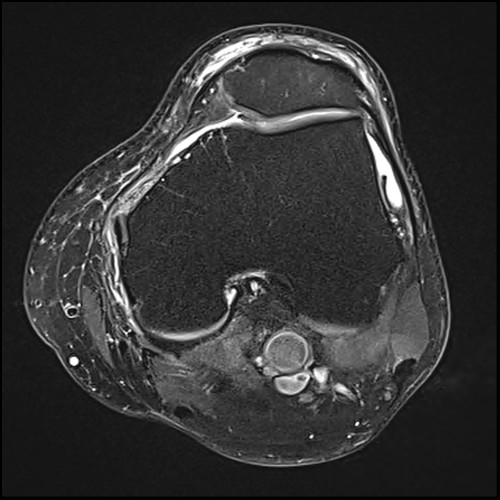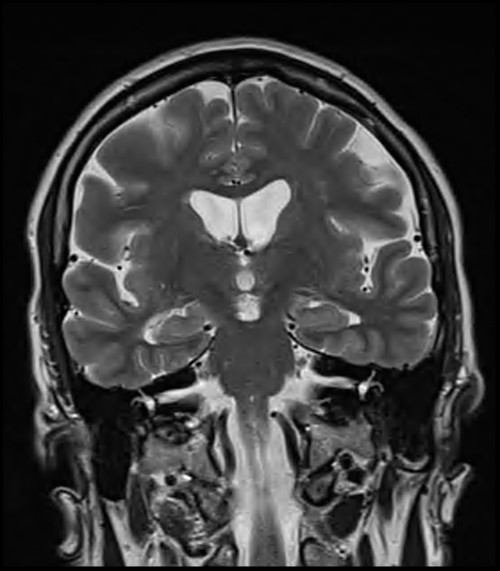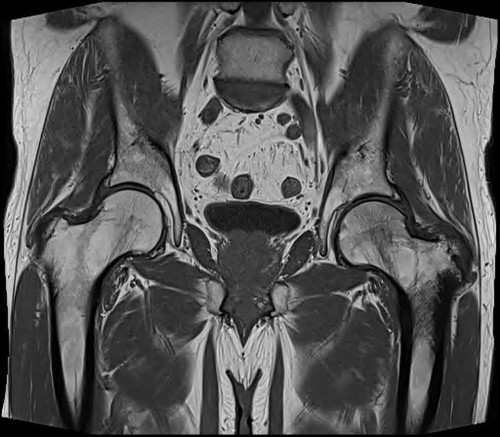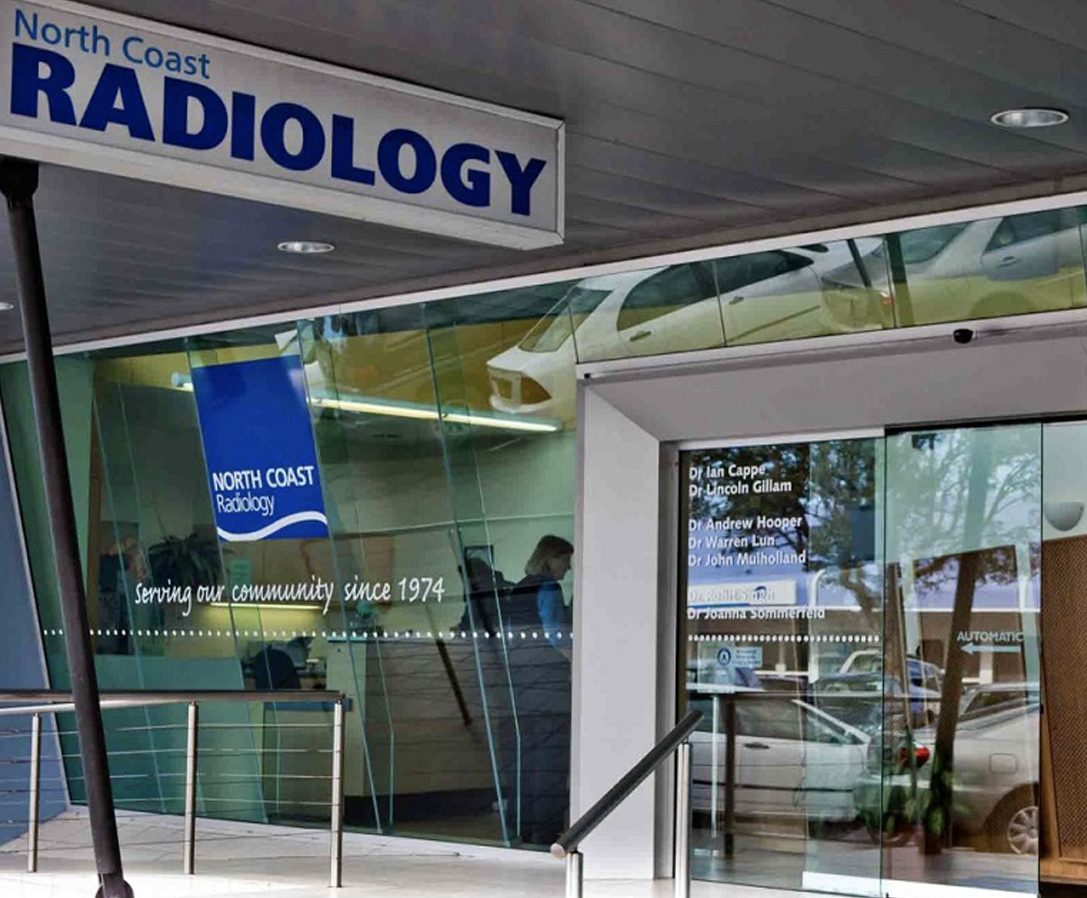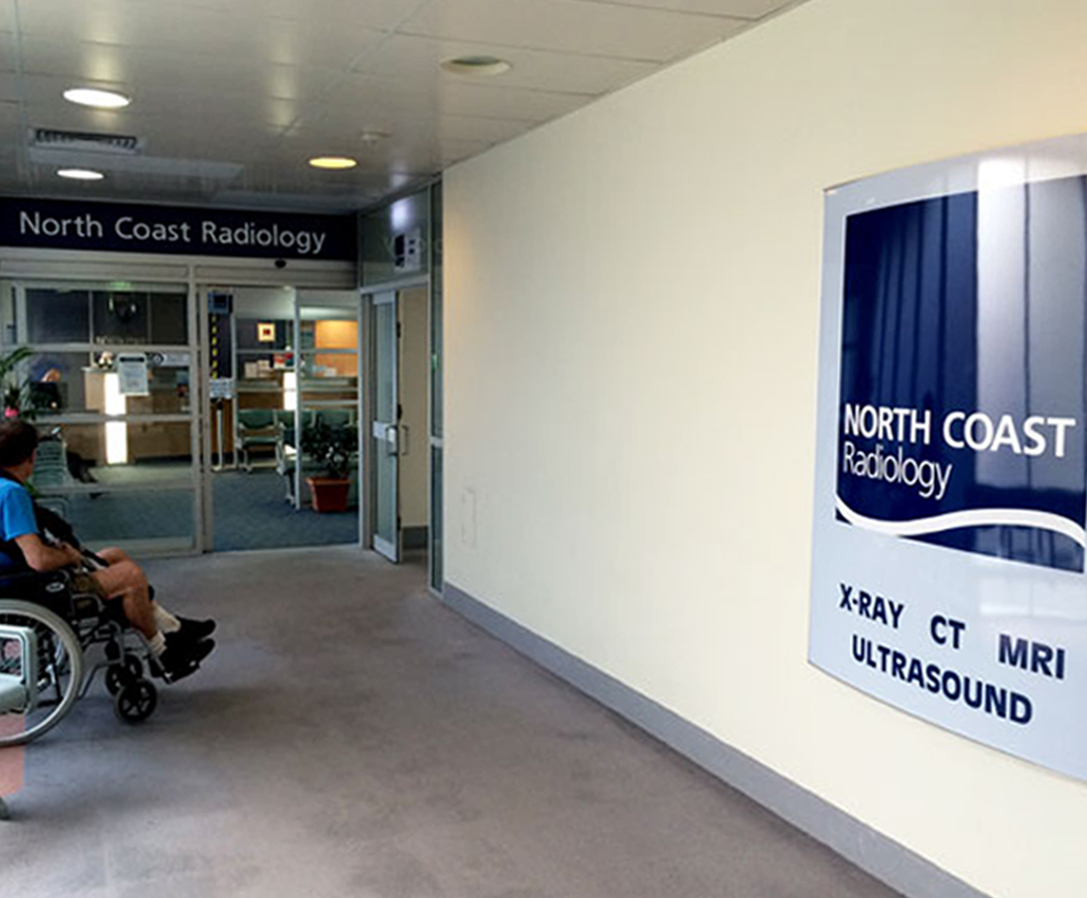Magnetic Resonance Imaging (MRI) is a method of looking inside the body without using surgery or x-rays. The MR scanner is a large doughnut shaped magnet open at both ends. It uses a strong magnetic field, radio waves and a computer to produce clear pictures of the human body. This technology is important because MRI scans can demonstrate to your doctor the difference between healthy and diseased tissue.
Magnetic Resonance Imaging (MRI)
There are certain patients on whom we cannot perform the test. That is why we ask all patients to complete an in depth questionnaire and consent form when you arrive for your examination. You can access this form here to review or complete in advance.
You will also be asked several questions at the time of making your appointment to identify any absolute contraindications or relative contraindications (eg intracrancial aneurysm clips, intra-ocular foreign bodies, metallic impacts (including cochlear) and extreme claustrophobia.
If you are having a head scan, do not wear eye make-up.
Most scans do not involve any medication. Some patients will be given a small injection into a vein to improve information on the images. Do not be concerned if you are given an injection, as with some examinations this is routine procedure. If you are a nursing mother, you will have to contact the MRI unit 2 days prior to your appointment.
You will be asked to change into a gown. The following items cannot be taken into the scan room because of the strong magnetic field (a locker is available for any valuables): Watches, scissors, removable jewellery, shoes, pens/ pencils, wallet/coins, credit cards, keys, dentures, wigs, hairclips, mobile phones, clothing with metal attachments eg bra, jeans/pants with zip.
All you have to do is relax and keep absolutely still. The radiographer will position you on a padded table (usually on your back) and this will slowly be moved into the scanner. The scanner is air-conditioned and well lit. You will be able to hear and talk to the radiographer via an intercom system at all times. You have a choice of recorded music to listen to during the examination. A friend or family member may safely accompany you in the scan room, if you wish.
The examination will not hurt. You will feel nothing from it either during or after the test. You will hear tapping noises. These can sometimes be quite loud, so you will be provided with ear plugs or earphones.
MRI examinations may take up to 1 hour to complete. This time is broken into a series of scans each 5 minutes on average. The duration of your examination will depend on what regions of the body are being examined and if multiple regions need to be scanned.
The Federal Government provides a medicare rebate for most MRI scans if referred by a specialist and some rebates for children and adults when referred by a GP. Where full rebates are available, we bulk bill those patients. As the rules vary according to the nature & source of the referral, it is advisable to contact your local branch for further information on all applicable fees and charges.
Please click here for a summary of the GP-Referrable MRI examinations.

The Photographs inside the MRI room in Ballina were taken by local photographer Dane Hodkinson and he can be contacted on 0438929590


